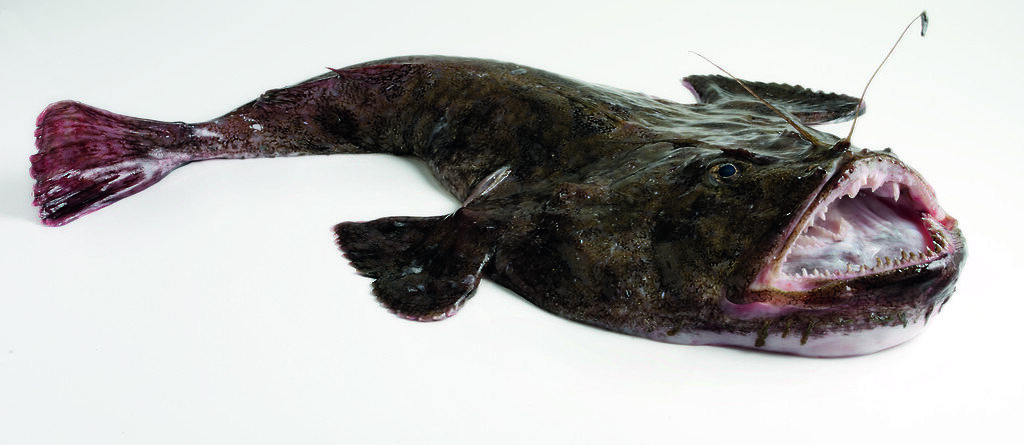Shetland Fishermen take steps to improve monkfish data
Shetland Fishermen’s Association has commissioned a new study to shed light on the abundance of monkfish.
The work, already being undertaken by UHI Shetland, will examine the catch rates of monkfish by Shetland vessels in response to local fishermen’s reports of an increase in monkfish catches in 2022.
Monkfish – also known as anglerfish – was the most valuable species landed by Shetland’s family-owned whitefish vessels in 2021, worth £6 million to the islands alone and making up a fifth of the fleet’s total income. The same is true of the wider Scottish whitefish fleet, where monkfish was also the most valuable single species landed – worth more than £34 million.
Despite its economic importance, the International Council for the Exploration of the Sea (ICES), which collates scientific assessments and provides management advice to governments, has listed monkfish as a “data deficient” stock for several years. This has led to a series of “precautionary” quota cuts in the absence of dependable stock assessments – with a cut to monkfish quotas of 23% this year, and an overall quota cut of 55% since 2019.
The new study will examine the catch rates of monkfish using information recorded by Shetland fishing boats to investigate fishermen’s belief that the abundance of monkfish has increased in the waters around the islands this year.
It’s hoped that the resulting data could help quantify the anecdotal evidence regularly reported by fishing crews, and suggest whether monkfish stocks have actually diminished to the extent suggested by current quota levels.
SFA executive officer Daniel Lawson said that the fishing industry stands ready to help government scientists with data collection through partnership working.
“Having our nation’s most valuable whitefish catch, monkfish, listed as ‘data deficient’ isn’t good enough – and it’s fishing communities like Shetland that suffer the needless economic harm caused by the resulting mismatched precautionary cuts to quota. We hope that this study might be a starting point for meaningful discussions around the understanding of monkfish abundance, and the steps that can be taken to ensure a more comprehensive assessment of the stock in future years.
“Fishing crews have worked with officials recently to make improvements to our government’s scientific assessments of cod, another priority species for Shetland which has also seen drastic quota cuts in recent years. We’re looking for a win-win situation here: more trustworthy data for scientists, that leads to more realistic sustainable quotas for fishermen.”
